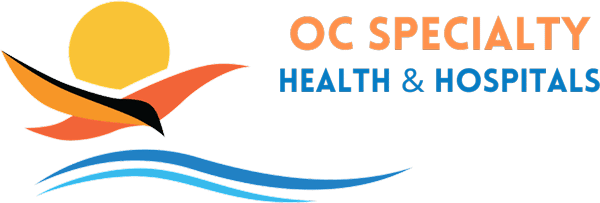It is common for most people to associate post-traumatic stress disorder (PTSD) with the men and women who serve in the military. Due to the nature of their work and unfortunate experiences, many traumatic and distressing memories can have a negative impact on them months or even years later.
The first signs of PTSD in veterans can be overwhelming but loved ones can assist by exploring all of their options for the best resources available.
What is PTSD?
PTSD is a serious disorder in which a person has a difficult time recovering mentally after witnessing traumatic events. Any present situation can trigger a past memory accompanied by intense emotional and physical symptoms. The cause of PTSD in veterans is a past memory leading to reactions that activate the fight or flight response in the body, causing increased heart rate, heightened awareness, and emotional disturbances.
The effects of a PTSD episode can be devastating and overpowering with an intensity that may even cause a sense of being out of control. If there are more frequent occurrences, someone may feel helpless, hopeless, and become depressed. This is why it’s important to understand the early signs and behavior to provide help for veterans with PTSD.
How Common is PTSD in Veterans?
PTSD can impact any age group and affects 7% to 8% of the United States population sometime during their lives. The first signs of PTSD can happen within three months of a significant event but, with help, can be resolved in approximately six months. However, some veterans may experience signs and symptoms of PTSD for years.
It is vital to understand what is happening and to provide any needed resources at the first sign of major changes in behavior. Both the nature of the event and the person’s ability to cope with the repercussions will determine the need for PTSD treatment for veterans. It is helpful to be aware of the physical and emotional signs and symptoms to provide early interventions and support for your loved one.
Symptoms of PTSD in Veterans
There are certain things to watch for when you are concerned about a veteran with PTSD. Look for changes in mood, trouble sleeping, heightened awareness, and withdrawal from normal activities.
These can vary in intensity over time. But if they are overwhelming, getting worse, or affecting their activities of daily living, then reach out to a doctor for advice.
PTSD Symptoms
- Trouble concentrating
- Easily startled
- Irritable/angry outbursts
- Overwhelming guilt or shame
- Difficulty sleeping/nightmares
- Feeling detached from family, friends, or life
- Emotionally numb
- Reliving the traumatic event over and over in your mind
- Self-destructive behavior such as drinking too much
- Inability to experience positive emotions
Resources for Veterans with PTSD
Peer Groups
Support groups provide a safe environment where you can discuss day-to-day problems or recurring events with others who have been through similar traumatic situations. This can provide a sense of connection, knowing you are not alone during your struggles.
Mindfulness
This concept is effective when you can train your mind to be in the present moment. You can also open your thoughts to new possibilities and practice daily gratitude. The mind is powerful, and you can control it with adequate training and lots of practice.
Lifestyle Changes
Change can be difficult, or it can make all the difference in positive ways. Practice being proactive on a daily basis, such as exercising, serving others, and establishing closer relationships with those around you. Make changes to anything that brings you feelings of anxiety, depression, or despair in an effort to turn them into a positive.
Professional Treatment
Know when it’s time to reach out to a doctor or a mental health professional that can walk through the steps of recovery and healing. Always reach out if you have any type of suicidal thoughts or ideas. There are many options for the treatment of PTSD for veterans.
Getting Veterans Treatment for PTSD
Understanding this condition and what types of signs and symptoms to watch for are vital in your awareness of the needs a veteran with PTSD may have. Learn all you can about the resources available and stay educated when it comes to understanding how PTSD affects you or your family member. Early detection and understanding the best course of action will provide a plan as you move toward recovery.
Reach out to the professionals at OC Specialty Health & Hospitals for help with PTSD treatment for veterans. Give us a call today at 949-900-8426 or 877-467-2223 for more information.
